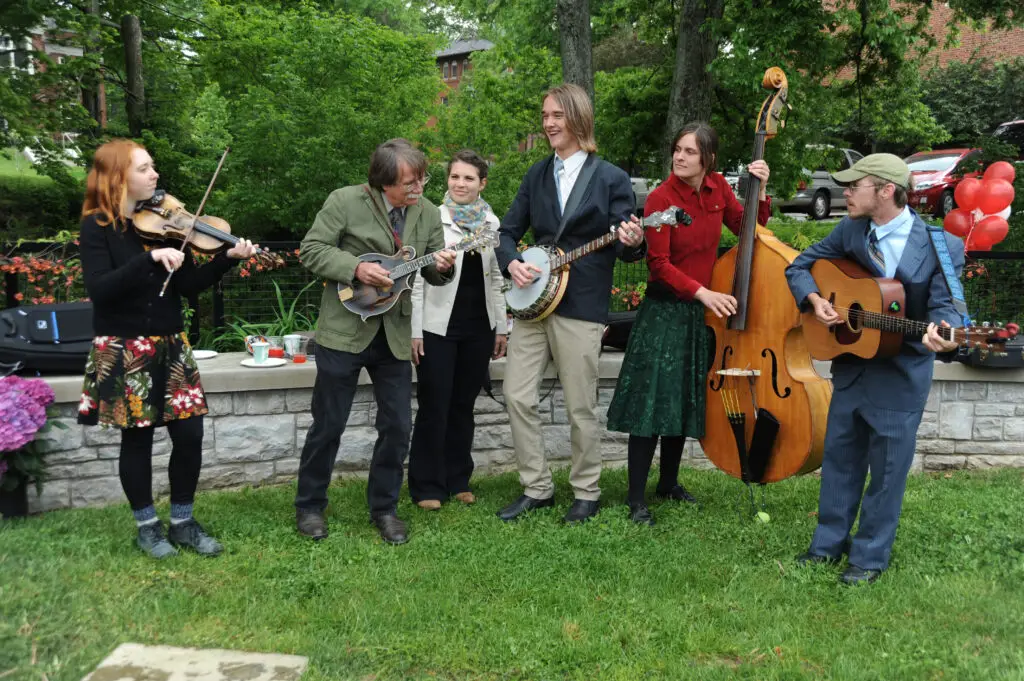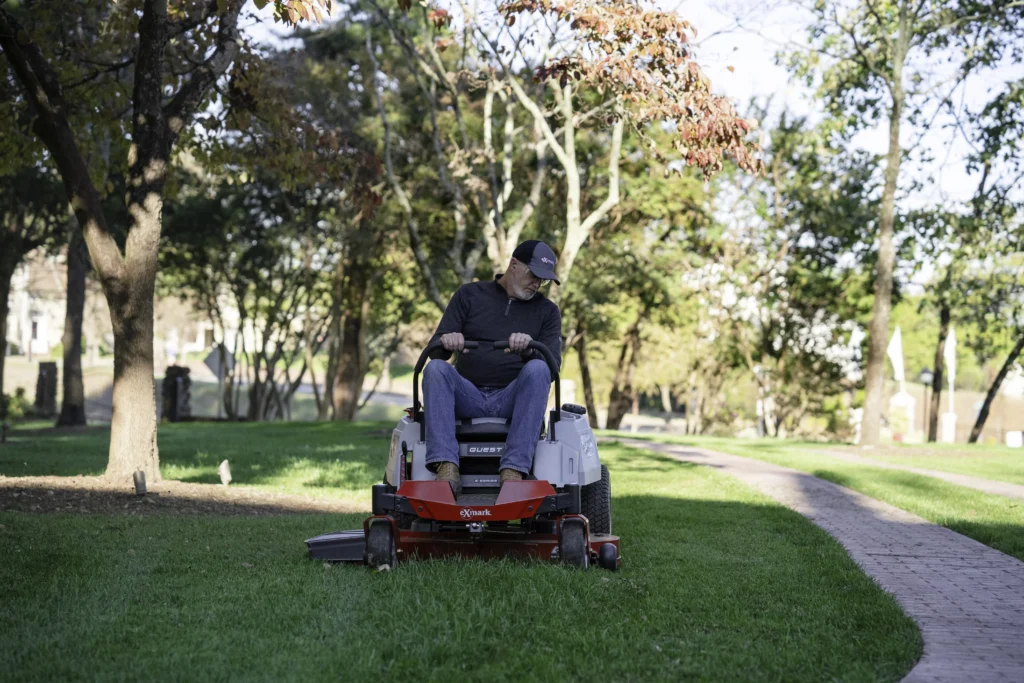Let’s face it—aging has a bit of an image problem. Most of us picture it as a slow fade into orthopedic shoes, early dinners, and forgetting why we walked into the room. But what if I told you some people are out here in their 80s and 90s living with the energy, wit, and memory of someone half their age—and without a cryogenic chamber or $800 serum in sight? These are the “Super Agers,” and no, they’re not fictional. They’re real humans who seem to have cracked the code on thriving, not just surviving, through the decades.
As someone who studies these outliers for a living, I’ve seen firsthand what actually works. Spoiler: it’s not kale smoothies or biohacking apps—it’s stuff your grandma probably already told you to do (and you probably ignored). These 12 habits keep Super Agers mentally sharp, emotionally strong, and physically spry, and the best part? You can start doing them today without needing to sell your soul or your savings. So grab a notebook—or your Notes app—and get ready to steal the secrets of aging like a total badass.
1. They’re ridiculously social (even if they’re introverts)

It turns out Sunday brunch might be more medicinal than your supplements. According to a Harvard study, people with strong social connections live longer, stay sharper, and are less likely to fall into depression or cognitive decline. Super Agers? They’re often the life of the party—or at least showing up to it.
Even if they’re not gabbing on group chats, they keep meaningful relationships alive. Texting your niece memes counts. So does chatting with your neighbor about that suspiciously quiet raccoon. Socializing helps keep the brain alert, adaptable, and emotionally balanced. Translation: humans need humans, even the grumpy ones. And no, you don’t need a packed calendar—just quality connections. A standing coffee date, volunteering, even joining a book club where you pretend to read—totally valid. The goal is community, not popularity. Your brain literally lights up in conversation, even the awkward small talk kind.
2. They actually enjoy challenges (weird, right?)

Super Agers don’t just “do” crosswords—they crush them, then go looking for something harder. But it’s not just puzzles: anything that forces them to flex their mental muscles is fair game. Per The Lancet, researchers found that the anterior cingulate cortex—a brain region linked to attention and focus—is thicker in Super Agers. That’s science’s way of saying “these folks don’t zone out during trivia night.”
They lean into discomfort. Learning a language, playing an instrument, heck, even picking up pickleball—anything that’s mentally or physically tough seems to turbocharge their brain. So if you’re coasting, it might be time to struggle a little (on purpose). Growth over comfort, baby. Even failing at something new boosts resilience and rewires the brain. That cooking class disaster? Still counts. Super Agers know the secret isn’t mastering—it’s trying. Plus, it’s way more fun to tell people you’re learning the cello than admitting you rewatched “Selling Sunset” for the fifth time.
3. They never stop moving—even if it’s just walking the dog

We’re not talking HIIT classes or Ironman training here. Super Agers just move. Regularly. According to Mayo Clinic, even moderate physical activity—like walking, gardening, or dancing around your kitchen—has major long-term benefits for your brain and body.
Movement boosts blood flow, reduces inflammation, improves balance, and literally grows new brain cells. (Yep. Neurogenesis is real.) The trick is consistency, not intensity. So if you hate the gym? Cool. Just grab your sneakers, queue up a podcast, and loop the block. Bonus points if there’s a hill. Or two dogs. Many Super Agers even treat their physical activity as social time—walk-and-talks, tai chi in the park, mall laps with the squad. They’re also less likely to fall, and if they do, they bounce back faster. Think of daily movement as your retirement plan for your joints. The more you move now, the longer they’ll keep showing up for you.
4. They eat real food—and enjoy the hell out of it

No shade to meal-replacement shakes, but Super Agers are out here savoring their roasted veggies, fresh fish, and olive oil like it’s a religion. According to Bloomberg, many long-lived folks eat what’s basically a Mediterranean diet: rich in whole grains, legumes, greens, and good fats. And they eat together. Slowly. With wine.
The food itself is good, yes—but the ritual matters too. Sitting down to a colorful plate, sharing meals, and avoiding ultra-processed junk all support gut health and reduce age-related inflammation. Plus, eating well can seriously improve mood and memory. So yes, make that chickpea stew. And absolutely pour a glass of red while you do it. Many Super Agers also grow some of their own food—even if it’s just herbs in a windowsill. They shop fresh, cook often, and aren’t afraid of flavor. It’s about joy, not restriction. And let’s be honest, “olive oil drizzle” sounds way sexier than “keto-approved fat bomb.”
5. They sleep like their lives depend on it (because they kinda do)

You know how some people say, “I’ll sleep when I’m dead”? Super Agers would like a word. Getting high-quality sleep is linked to better memory, mood, and even longevity, according to Yale. Their secret? They prioritize rest like it’s a hot date—with consistent bedtimes, cool dark rooms, and zero doomscrolling.
Sleep is when your brain basically hits “save” on everything you learned that day. It clears out toxins, repairs cells, and reboots your emotional software. So if you’re sacrificing sleep to catch up on work or Netflix? You’re literally aging faster. Get a good pillow. Make it a vibe. And tuck yourself in like your future self will thank you. (Because they will.) Super Agers also know how to unwind before bed—reading, meditating, sipping chamomile like royalty. They skip heavy late-night meals and steer clear of that second espresso. And they’re not afraid to nap strategically. Because beauty sleep isn’t just a phrase—it’s brain care.
6. They don’t try to avoid stress—they manage it like pros

Stress isn’t the villain—it’s chronic, unmanaged stress that wrecks the place. Super Agers know how to bounce back from setbacks without spiraling into burnout. Whether it’s yoga, breathwork, prayer, or just talking it out, they’ve got tools for processing stress, not burying it.
And here’s the twist: many of them had high-stress lives—careers, families, even trauma. But they learned how to ride the wave instead of getting knocked over by it. Emotional resilience keeps their bodies from getting flooded with cortisol, which can tank memory, immunity, and even heart health. So find your stress outlet—and actually use it.
7. They have a reason to get up in the morning

Call it purpose, passion, or just having a good reason to brew the coffee—this one’s a biggie. Super Agers have something they care about deeply: a cause, a project, a hobby, a pet, a community. Something that says, “I matter and my time matters.” This isn’t fluffy. It’s biology. Purpose activates parts of the brain linked to motivation and focus—and helps ward off depression.
People with purpose also tend to take better care of themselves. They plan. They stretch. They go to the dang doctor. Having a “why” makes the “how” a lot easier. So if you’re floating through your days, maybe it’s time to pick up a new side quest. Be the 84-year-old who starts a podcast. Why not?
8. They love a good laugh—daily

Laughter isn’t just fun—it’s functional. It releases endorphins, lowers stress hormones, and even gives your core a little workout. Super Agers know that joy isn’t something you stumble on; it’s something you make space for. Whether it’s watching stand-up, texting dumb memes, or just cracking jokes at breakfast, they keep things light.
Humor also improves cognitive flexibility—the ability to shift thinking, adapt, and stay sharp. And it brings people closer, which reinforces those all-important social ties. So go ahead, rewatch that dumb comedy for the 12th time. Your brain says thank you.
9. They stay curious (about everything)

Ever meet someone in their 80s who’s more excited about TikTok trends than you are? That’s a Super Ager energy. Curiosity keeps the mind elastic. It’s the gateway to learning, engagement, and keeping the “why” alive. And it doesn’t have to be academic. Want to learn how kombucha’s made? Go for it. Want to understand your grandkid’s Roblox obsession? Dive in.
Curious people also tend to be more open-minded and adaptable—two qualities that seriously protect brain health. They ask questions, try new things, and stay in motion mentally. So don’t settle for “meh.” Chase the “huh, that’s interesting.” Your neurons will thank you.
10. They know how to say no (and mean it)

Super Agers have boundaries tighter than your best friend’s Wi-Fi password. They’re not wasting time on soul-sucking people, stressful obligations, or activities that leave them drained. They’ve learned the magic of “No, thank you” and the power of “That doesn’t work for me.”
Protecting your time and energy isn’t selfish—it’s self-preservation. Saying no means saying yes to the stuff that actually matters. And it keeps stress, resentment, and burnout far, far away. So if your calendar looks like a disaster zone? Channel your inner Super Ager and Marie Kondo that to-do list. If it doesn’t spark joy—or health—it goes.
11. They keep learning, always

Super Agers don’t care if they’re 89—they’ll take the online class, try the new recipe, or finally figure out how to use that dang smart TV. Lifelong learning keeps the brain youthful and engaged. Every new skill builds new neural pathways, which act like little detours around age-related decline.
And it’s not about perfection. It’s about process. The act of learning keeps curiosity alive, improves memory, and brings a sense of accomplishment. So take the painting class. Watch the YouTube tutorial. Get confused, laugh about it, and try again. It’s not about being good—it’s about getting better.
12. They forgive—but don’t forget who they are

Holding onto grudges? That’s heavy lifting no Super Ager wants to do. Forgiveness doesn’t mean pretending everything’s okay. It means not letting bitterness rent space in your head. Super Agers let go of old baggage to make room for joy, peace, and better health.
But they don’t lose themselves in the process. They stand firm in their values, boundaries, and identities. They don’t shrink with age—they sharpen. Forgiveness is a strength move, not a weakness. It clears the mental clutter and gives their hearts (and blood pressure) a break. Think of it as emotional decluttering—with a killer ROI.
